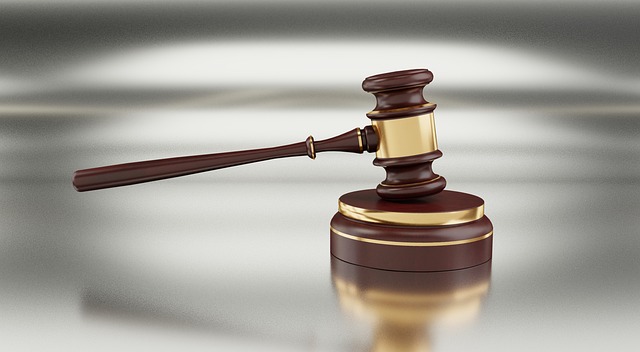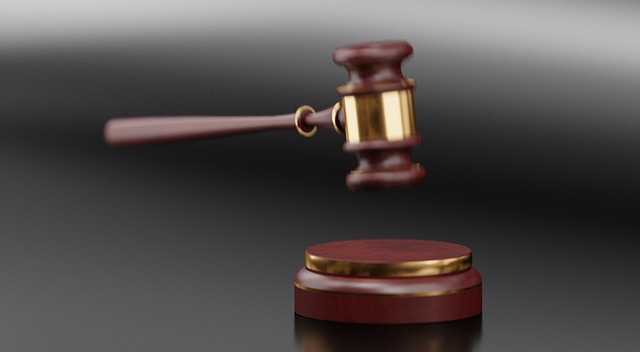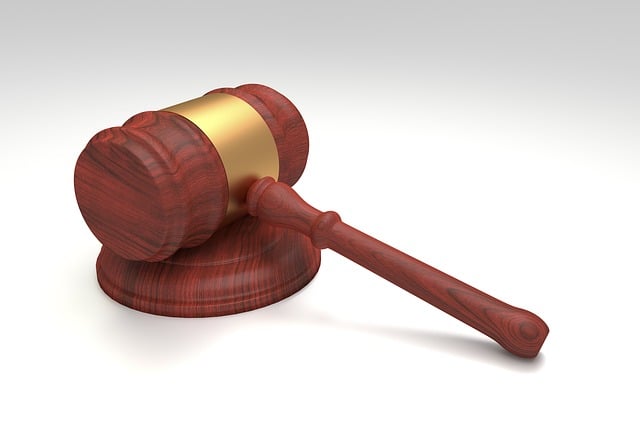Motorcycle accidents cause road rash, leading to severe skin abrasions with potential for permanent scarring and emotional distress. Understanding management, including medical care and plastic surgery, is crucial for both physical and aesthetic healing. Mental recovery involves coping with anxiety, fear, or depression through self-care, support groups, exercise, meditation, and therapy. Prioritizing emotional well-being during this transformative process builds mental resilience, emphasizing perseverance and small victories in overcoming motorcycle accident road rash.
Recovering from a motorcycle accident, especially with visible road rash injuries, is a challenging journey. This article offers insights into managing not just the physical scars, but also the mental healing process after a motorbike crash. We explore ‘road rash’—the invisible marks on your psyche—and provide coping strategies for the emotional turmoil that follows such accidents. Additionally, we discuss building resilience and strategies for recovery and beyond, offering guidance to help you navigate this difficult period.
- Understanding Road Rash: The Visible Scars
- Mental Healing Process: Coping Strategies
- Building Resilience: Recovery and Beyond
Understanding Road Rash: The Visible Scars

Road rash, a common consequence of motorcycle accidents, refers to severe skin abrasions caused by friction with the road surface during the impact. The severity can vary from minor scrapes to deep lacerations and tissue damage, often leaving behind visible scars. These scars, while a physical reminder of the accident, can also evoke emotional distress for the survivor. Understanding the extent of road rash is crucial in managing both the physical and mental recovery process.
The appearance of these scars can be disconcerting, with shades of red, purple, or even black, depending on the depth of tissue damage. In some cases, road rash may lead to permanent skin discoloration, texture changes, or even contracture of the affected area. It is important for survivors and their support networks to remember that while these scars are a tangible aspect of the accident, they do not define one’s resilience or worth. Seeking professional medical care, including plastic surgery if necessary, can help manage physical discomfort and aesthetic concerns associated with motorcycle accident road rash.
Mental Healing Process: Coping Strategies

Recovering from a motorcycle accident and coping with road rash can be a mentally challenging process. The initial shock and trauma often give way to a range of emotions as the physical scars begin to heal. It’s common to experience anxiety, fear, or even depression after such an incident. One of the first steps in mental healing is acknowledging these feelings and recognizing that it’s normal to feel overwhelmed.
Coping strategies can vary from person to person, but engaging in activities that promote self-care and emotional well-being are crucial. This might include seeking support from loved ones or joining support groups for individuals who have also suffered motorcycle accidents. Some find solace in exercise or meditation, which help reduce stress and improve mood. Additionally, consulting a therapist or counselor can provide valuable tools to manage anxiety and process the trauma associated with road rash injuries. Remember, it’s important to be patient with yourself throughout this journey, as mental healing is a process that takes time and dedication. Consider reaching out to a truck accident lawyer or discussing defective products liability if your injuries were caused by another party’s negligence, but focus on your well-being first.
Building Resilience: Recovery and Beyond

The road to recovery from a motorcycle accident road rash injury is often challenging, but it’s during these trying times that resilience is built. Mental fortitude plays a significant role in overcoming the physical and emotional scars left by such an incident. The journey starts with accepting the reality of your situation and acknowledging the pain and discomfort you’re experiencing. This acceptance acts as a foundation for your mental healing process, allowing you to focus on gradual improvement.
As you navigate through the stages of recovery, it’s crucial to cultivate positive coping mechanisms. Engaging in activities that bring you comfort and joy can aid in stress reduction and promote better mental health. Additionally, seeking support from friends, family, or professional therapists can make a world of difference. Remember, building resilience is an ongoing process, and every small step towards recovery is a victory in itself, whether it’s overcoming intense itching from road rash or navigating an insurance coverage dispute related to your motorcycle accident.
A motorcycle accident can leave both physical and mental scars, with road rash being a visible reminder of the trauma. However, understanding and embracing the healing process, from mental coping strategies to building resilience, are key to recovering from such an experience. By acknowledging the impact and taking proactive steps, individuals can navigate their journey towards emotional recovery and rediscover a sense of freedom on the open road once again. Remember, with time and support, healing from a motorcycle accident road rash injury is possible, enabling you to face the future with renewed strength.





